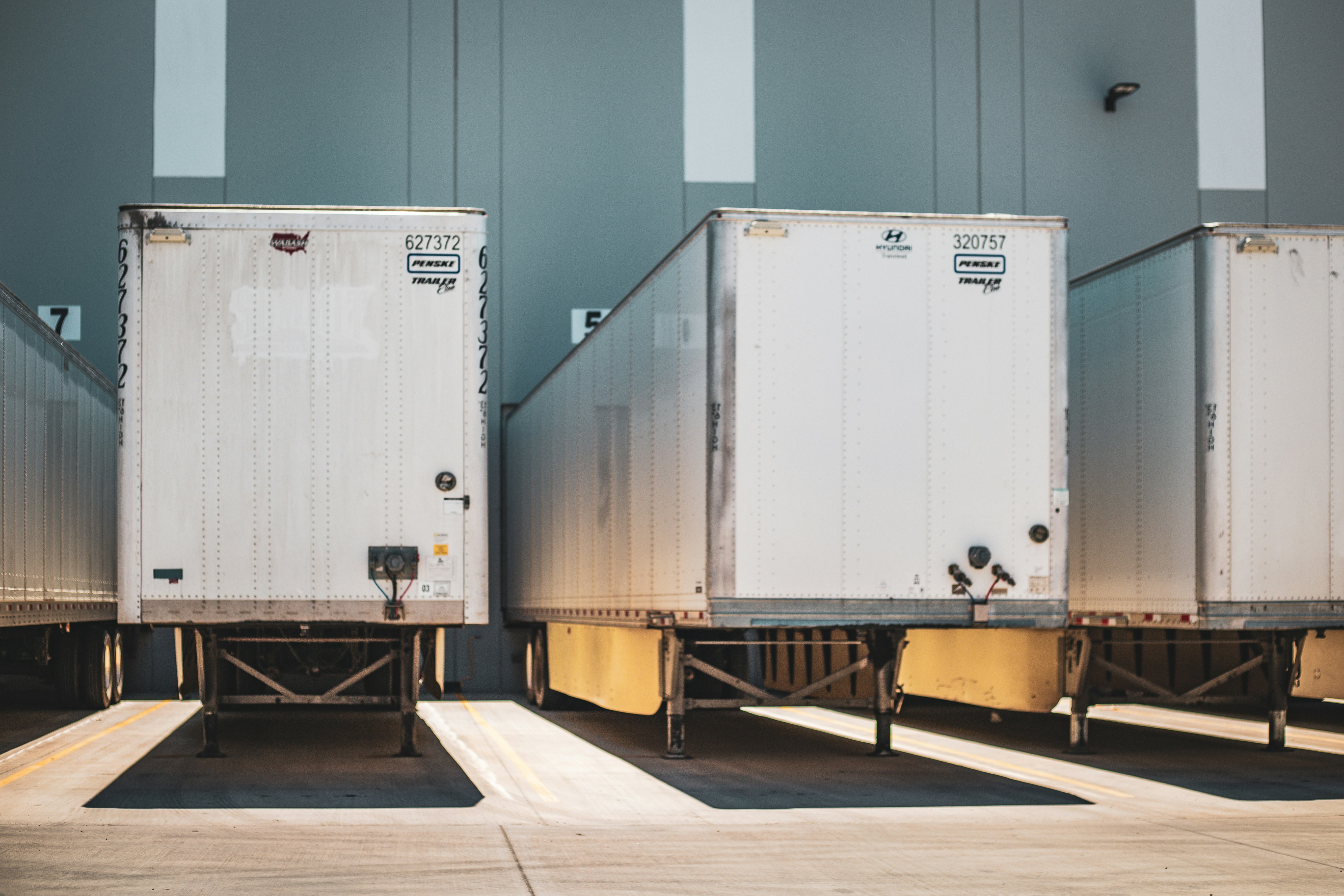Learn about 5052 aluminum — a versatile, corrosion-resistant alloy ideal for marine, transportation, and industrial use. Explore its properties, composition, and key advantages.

5052 aluminum is a non-heat-treatable alloy from the 5xxx series, primarily alloyed with magnesium and chromium. It’s known for excellent corrosion resistance, superb formability, and moderate strength, making it a favorite across marine, transportation, and industrial markets.
Unlike alloys that rely on heat treatment to gain strength, 5052 hardens through cold working, giving it flexibility and durability that hold up in tough environments. Whether it’s a boat hull, pressure vessel, or trailer panel, 5052 aluminum stands out for its reliability and versatility.
Magnesium gives 5052 its corrosion resistance and strength, while chromium enhances hardness and reduces the risk of grain boundary corrosion—ideal for saltwater and industrial environments.
5052 aluminum is available in several tempers, with H32 being the most common for sheet and plate applications.
These values make 5052 strong enough for demanding structural components, yet flexible enough for deep drawing, bending, and forming.
5052 aluminum offers an exceptional combination of qualities that make it one of the most versatile materials in the industry:
These properties make it a go-to material when durability and appearance both matter.
5052 aluminum is used across a broad range of industries. Some common examples include:
Because it resists corrosion so effectively, 5052 is often referred to as a marine-grade aluminum alloy.
Here’s how 5052 stacks up against other popular grades:
This combination makes it one of the most fabrication-friendly aluminum alloys available.
At Metal Exchange, we supply a range of value-added aluminum products, including 5052 alloy in multiple tempers and finishes, supported by our global sourcing and logistics capabilities.
We operate an integrated supply chain that ensures quality, consistency, and just-in-time delivery — so your production never skips a beat.
Is 5052 aluminum stronger than 6061?
No — 6061 is stronger, but 5052 offers better corrosion resistance and workability.
Can 5052 aluminum be heat-treated?
No, it’s a non-heat-treatable alloy strengthened by cold working.
Is 5052 aluminum good for marine applications?
Yes, it’s one of the best marine-grade alloys due to its resistance to saltwater corrosion.
What tempers are available for 5052 aluminum?
Common tempers include H32, H34, H38, and O (annealed) for deep drawing or bending.

October 21, 2025
October 21, 2025

October 21, 2025
October 21, 2025